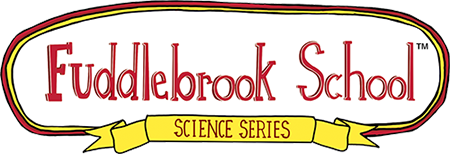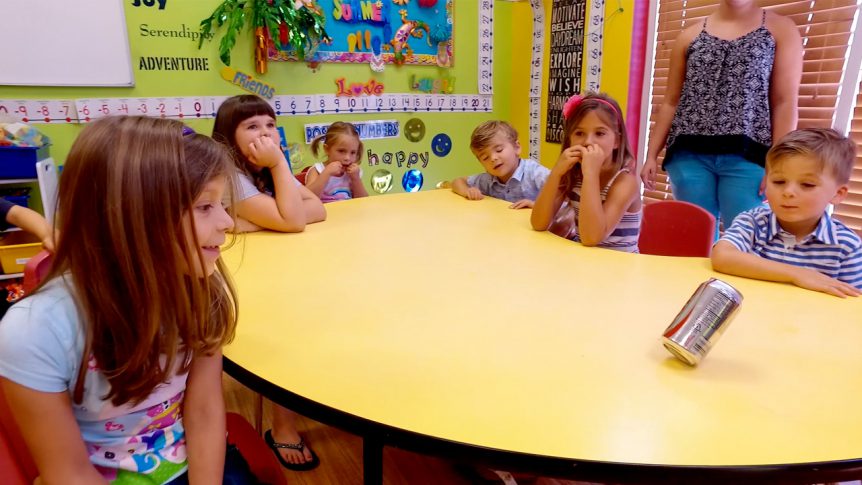The holidays have come to an end and we have entered into a new decade. January is a great month to reflect on looking ahead to the future and making things better. As an educator, what is your New Year’s resolution? Or for that matter, what’s your New Decade resolution?
Unfortunately, the latest PISA, the Program for International Student Assessment, announced on December 3, that yet again, American students did not even come close to topping the rankings. For 2018 the scores were essentially the same as 2015, with students lagging in math and science.
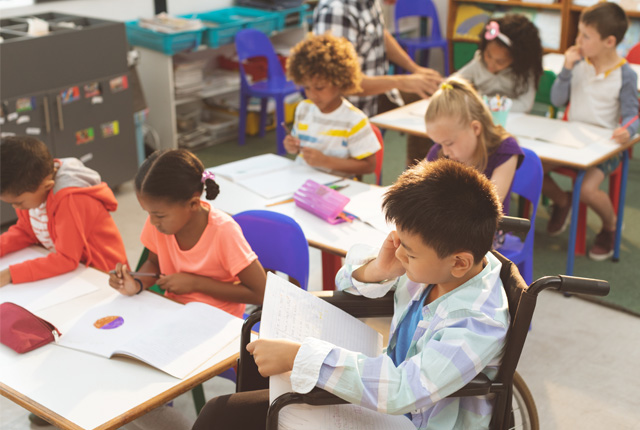
The simple truth is if change is going to happen, then educators must change what they are doing. Sometimes the solution is much simpler than we think. We can’t keep doing the SAME things and get DIFFERENT results.
So while you may be thinking, I can’t change the world, you can change what is happening in your own classroom. Quite simply, more science must happen in elementary classrooms on a daily basis if we are going to see worldwide change.
Most often change starts small and grows into something big.
There is good news. It CAN be done!
Simple Science to Start the New Year
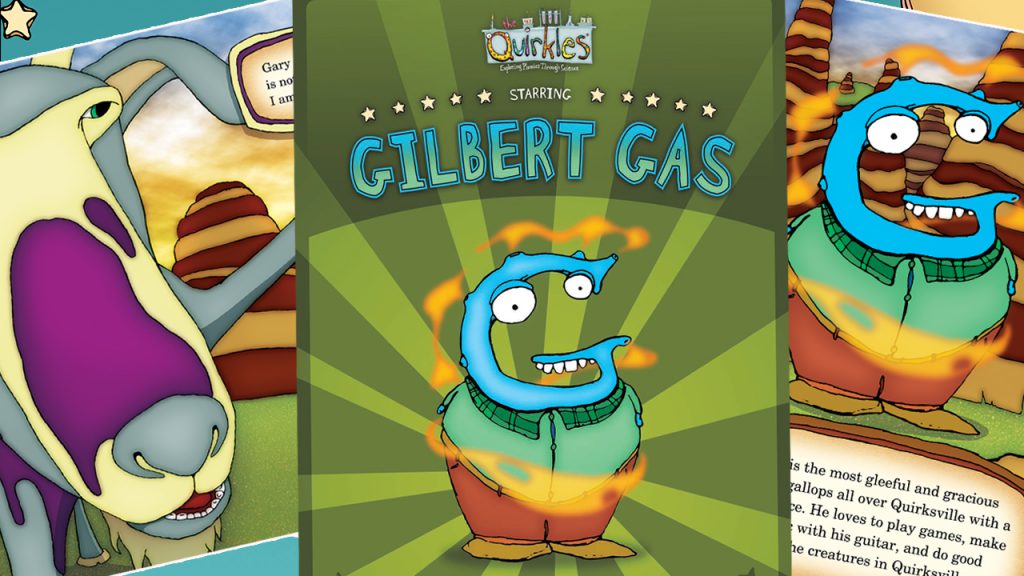
Gilbert’s Pop Top: Put an antacid into a film canister with a small amount of warm water and watch what happens! This takes less than a minute and you have set the stage for states of matter and air pressure lesson. (Quirkles: Gilbert Gas)
The Mysterious Leaning Can: This requires a soda can and a small amount of water. Kids will discover a lesson on gravity in less than a minute. (Fuddlebrook Science Series: A Case of Gravity)
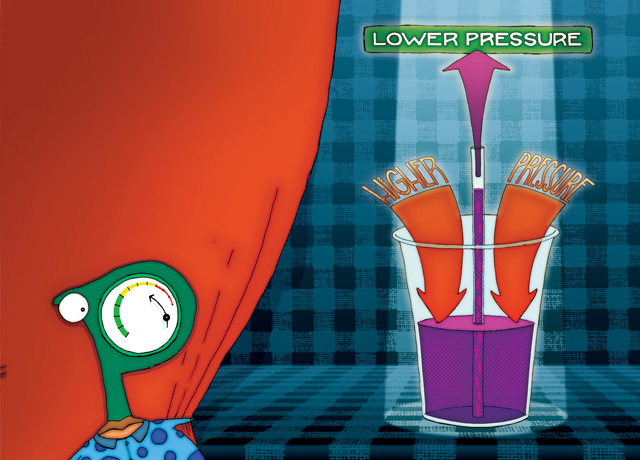
Pressure Pete’s Vacuum: The simple materials are a water balloon, lighter, small scrap of paper, and a wide mouthed jar. Light the paper and quickly drop it in the jar. Place the balloon on top of the jar. Kids will be amazed as they learn about air pressure. (Quirkles: Pressure Pete)
Liza’s Moving Arrows: This activity needs an index card, black marker, clear drinking glass, and water. Draw two parallel arrows on the index card and pour water into the glass. Kids will learn about light refraction in this amazing experiment. (Fuddlebrook Science Series: The “Eyes” Have It)
These are four of the 104 experiments offered in the Quirkles and Fuddlebrook Science Series along with stories and extension activities.
The point is that science doesn’t need to be long, difficult, and complicated. Isn’t five minutes better than nothing? Five minutes a day turns into 25 minutes a week, 100 minutes a month, and 900 minutes in a school year. This is approximately 15 hours of science in a school year just by committing to 5 minutes a day. Think about this over the course of a child’s elementary years.
If change is going to happen it is going to have to begin with each educator, and we can all help each other along the way!
